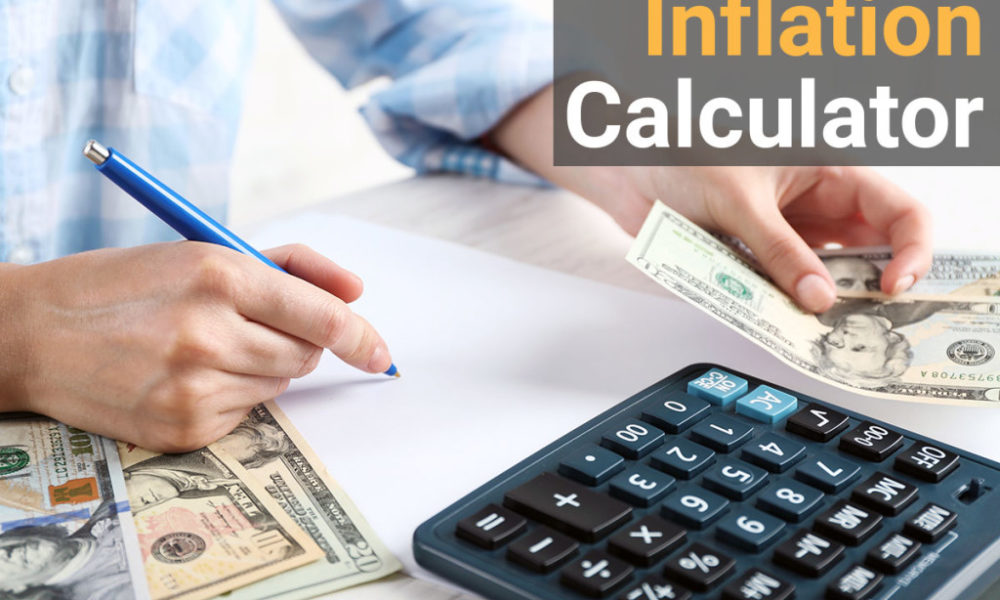Business News
Three Budgeting Hacks to Make Your Life Easier
With rising living costs and inflation, budgeting has never been so important – but knowing how to begin, or how to use a budget to benefit your finances, might not be so simple.

With rising living costs and inflation, budgeting has never been so important – but knowing how to begin, or how to use a budget to benefit your finances, might not be so simple.
In this guide, we run through four of the best tips to start budgeting and utilise the financial knowledge this provides to manage your household income, outgoings and savings.
1. Access Your Credit Reports
The major credit bureaus, such as Experian, provide access to your personal credit reports, which show you all sorts of insights, such as:
- The number of secured and unsecured loans open in your name.
- All your credit accounts, including insurance policies, mobile phone contracts and store cards.
- Your debt utilisation figure; this is the percentage of your maximum credit you are using.
- A credit score (note that each provider has a slightly different scoring system).
Why is a credit report a necessary part of budgeting? In essence, your credit score provides a good benchmark so you can get to grips with your financial position. This quick task means you have a comprehensive list of all the accounts you hold – and which you can go ahead and close.
2. Create a List of Your Income and Expenses
Ok, so this might not seem easy – but keeping abreast with everything you earn, spend and save is vital to good money management. The good news? There are loads of resources you can access to help. Wonga South Africa has a free monthly budget template you can download here. This will serve as a useful base model from which to edit and build your own personal budget manager.
Start with the big ticket items that are easy to calculate – think rent or mortgage, weekly grocery shop, fuel bill and utilities. You don’t need to work through everything at once, but you can start compiling a budget sheet one week at a time, referring back to your online banking to make sure you don’t miss anything.
3. Open Separate Bank Accounts
We’re not talking about borrowing accounts or overdraft facilities – ideally, you want three basic accounts with online banking access so you can keep an eye on the balances, direct debits and transactions through your mobile.
Here’s what you’ll use each account for:
- Account one: general banking. This is where your wages are paid, your direct debits are deducted, and all your ongoing transactions appear.
- Account two: emergency fund. The best practice is to have enough savings to tide you over for three to six months, but contributing small amounts as and where you can is beneficial, even if you accumulate a contingency fund very gradually.
- Account three: savings. Although we’d not recommend you start saving or setting up an emergency fund if you have debts to repay, keeping savings and emergency finances separate means you don’t end up dipping into the wrong pot on a whim.
Well-managed finances make it easy to see what you have, where, and what your total funds are worth without mixing everything up into one account.